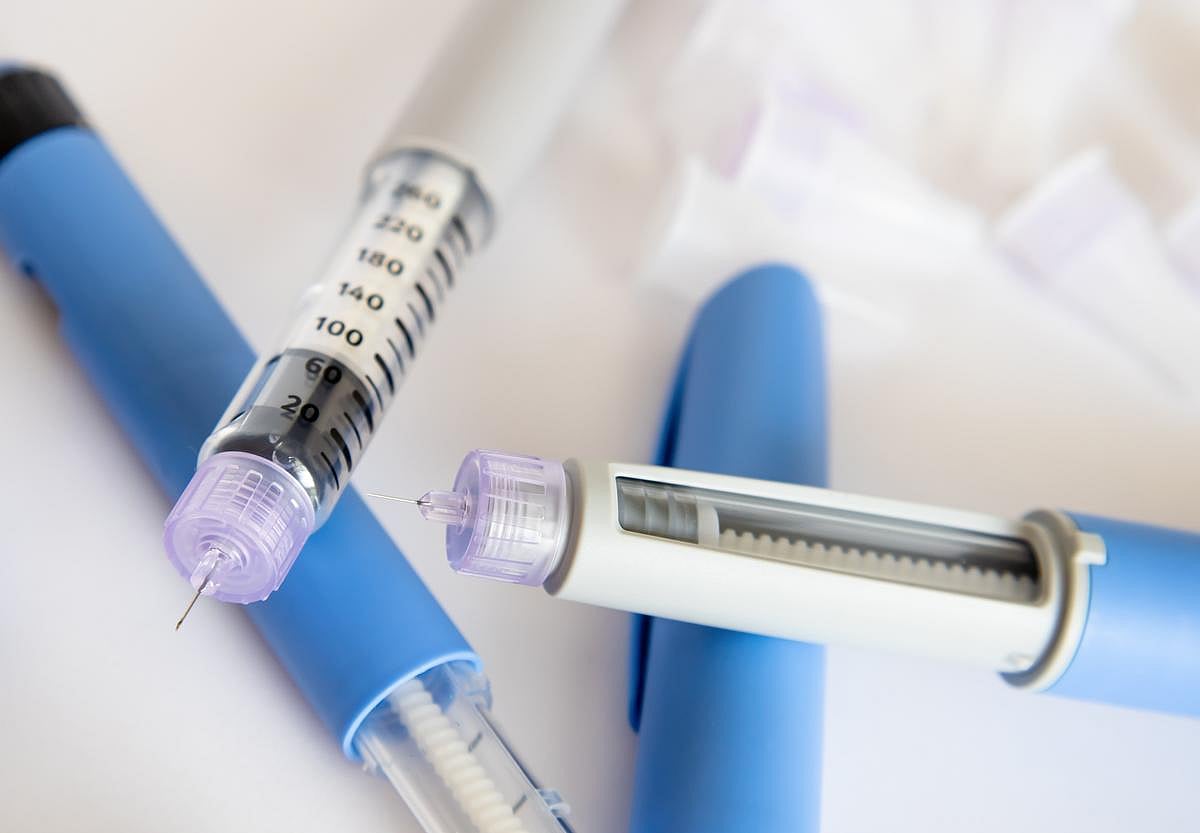CLICK HERE TO VIEW OUR GENERIC MEDICATION SAVINGS PROGRAM
Get Healthy!

- Posted October 24, 2024
Greater Access to New Weight Loss Meds Could Save More Than 40,000 Lives Per Year
Expanding access to cutting-edge diabetes and weight-loss drugs like Ozempic and Zepbound could prevent more than 42,000 deaths a year in the United States, a new study claims.
Obesity and all its attendant ills -- type 2 diabetes, heart disease and cancer among them -- have had a dramatic impact on American health, researchers said.
More than 40% of U.S. adults are obese, and the research team estimates that about half of all annual deaths in the nation occur among the obese.
Helping more people shed their excess weight could save a fair portion of those lives, researchers argue.
"Expanding access to these medications is not just a matter of improving treatment options but also a crucial public health intervention," said senior researcher Alison Galvani, a professor of epidemiology at the Yale School of Public Health.
Glucagon-like peptide-1 (GLP-1) drugs mimic the GLP-1 hormone, which helps control insulin and blood sugar levels, decreases appetite and slows digestion of food.
However, the drugs are costly -- people without insurance face paying more than $1,000 a month to take them.
What’s more, people often must have some sort of health problem occurring alongside their obesity to get insurance coverage for GLP-1 drugs. Medicare, for example, doesn’t cover the drugs solely for weight loss, researchers noted.
For this study, published recently in the Proceedings of the National Academies of Science journal, researchers estimated how many lives could be saved from chronic disease if all U.S. adults eligible to take GLP-1 drugs had access to them.
The U.S. Food and Drug Administration has approved the drugs to treat obesity and to help manage type 2 diabetes, researchers noted.
More than 45% of the adult U.S. population is eligible to take the drugs by that standard, including everyone who is obese as well as people with type 2 diabetes who are overweight, researchers estimated.
Even with access limited as it currently is, the drugs save nearly 8,600 lives a year, primarily among people with private insurance.
But if everyone eligible to take the drugs got them, the United States could see up to 42,027 fewer deaths each year, the researchers’ projections show. That estimate includes about 11,800 deaths among people with type 2 diabetes.
"Our findings underscore the potential to reduce mortality significantly by addressing financial and coverage barriers,” Galvani said in a Yale news release.
States with high obesity and diabetes rates like West Virginia, Mississippi and Oklahoma stand to benefit the most from increased access to GLP-1 drugs, the researchers added.
However, it will be tough for insurance companies to cover GLP-1 drugs given their high prices, and the drugs already are in chronically short supply due to heavy demand and production limitations, researchers noted.
"Addressing these challenges requires a multifaceted approach," said researcher Burton Singer, an adjunct professor of mathematics at the Emerging Pathogens Institute at the University of Florida.
"We need to ensure that drug prices are more aligned with manufacturing costs and increase production capacity to meet demand,” Singer added. “At the same time, we must tackle the insurance and accessibility issues that prevent many people from getting the treatment they need."
More information
The University of Pennsylvania has more on access to GLP-1 drugs.
SOURCE: Yale University, news release, Oct. 22, 2024
